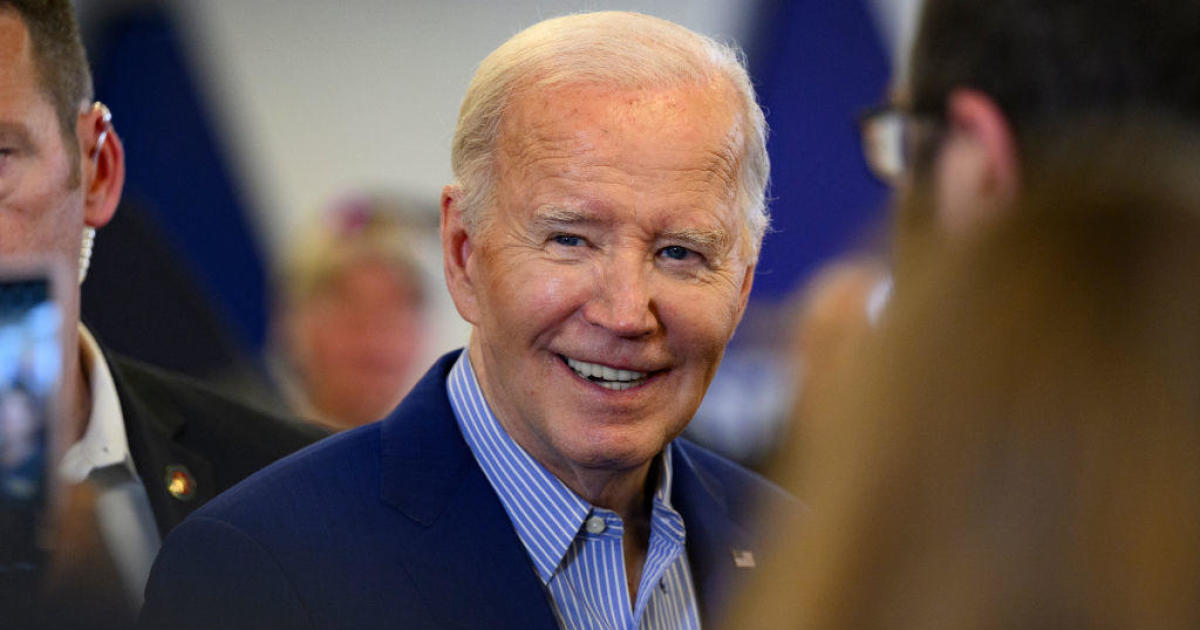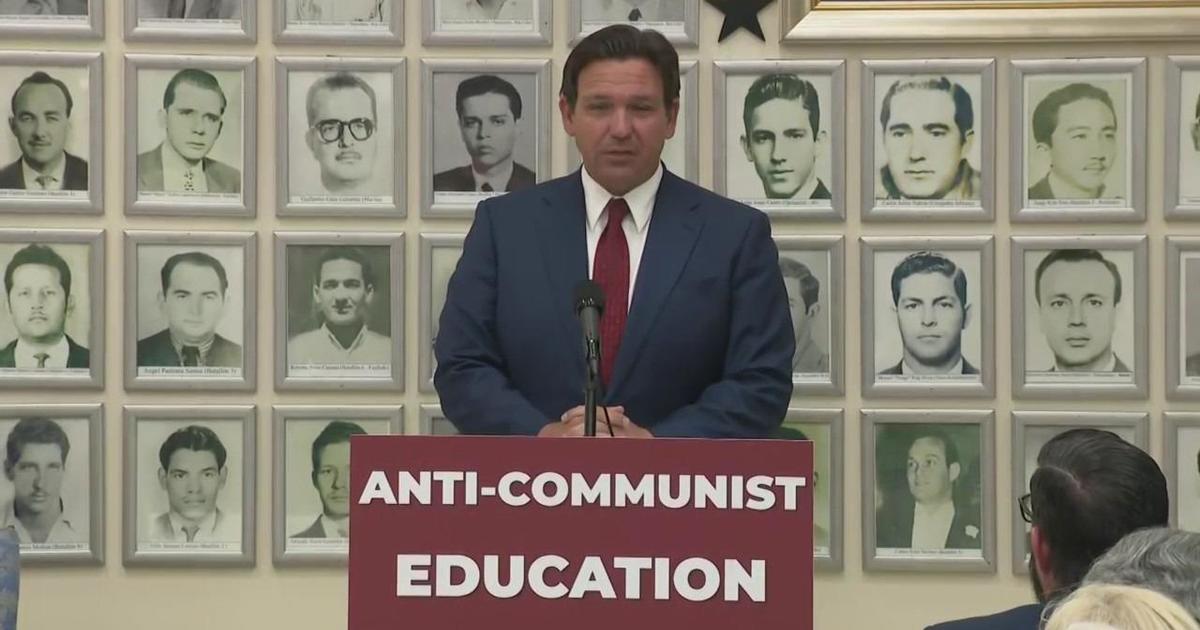House Looks To Give Nurse Practitioners More Power
TALLAHASSEE (CBSMiami/News Service of Florida) – In an issue that could spur a health-care industry fight, a House select committee Monday will take up a 155-page bill that would give nurse practitioners independence to provide medical services without physician supervision.
House leaders say giving more authority to nurse practitioners, at least in part, could help address a shortage of primary-care physicians in Florida. The bill would apply to a group technically known as "advanced registered nurse practitioners," who have more education and training than registered nurses. Along with applying to nurse practitioners who provide primary care, it would apply to specialists such as nurse anesthetists.
But the issue is controversial, with physician organizations such as the powerful Florida Medical Association long arguing that supervision needs to continue. Also, Senate Health and Human Services Appropriations Chairwoman Denise Grimsley, R-Sebring, said Thursday she is working on a bill that would make far less-dramatic changes than the House measure.
"We're against it (the House bill),'' Florida Medical Association General Counsel Jeff Scott said after reviewing the newly filed proposal Thursday. "I don't think there's any room for doubt on that one."
The House Select Committee on Health Care Workforce Innovation has been studying the practice issues in recent weeks, including holding a lengthy hearing last month.
Jorge Valdes, president of the Florida Association of Nurse Anesthetists, told lawmakers during the hearing that members of his group have the training to provide anesthesia without physician supervision. Also, backers of the changes say nurse practitioners, including specialists such as the nurse anesthetists, already provide services without doctors being present, though they have to get approval from physicians for what are known as "protocols" that outline care.
"In Florida, anesthesiology is delivered by both anesthesiologists and CRNAs (certified registered nurse anesthetists),'' Valdes said. "I'm a CRNA. I'm a professional. I'm not asking for anything additional than something I already do, (and that) is to practice my profession."
The House bill, which will be discussed during a committee workshop Monday, would create two categories of nurse practitioners: "independent advanced practice registered nurses" and "advanced practice registered nurses."
The advanced practice registered nurses would continue providing services under physician supervision, though they would receive additional authority to prescribe controlled substances. Nurse practitioners currently can prescribe other types of drugs, such as cholesterol medication or antibiotics.
Meanwhile, the independent advanced practice registered nurses, including the specialists, would be able to provide services without supervision if they meet criteria for experience and pharmacology training. Along with being able to prescribe controlled substances, they would have authority to make a wide range of other decisions, such as admitting and discharging patients from hospitals.
Part of the impetus for the House taking up the issue is that Florida faces a shortage of primary-care physicians. The House and Senate also are considering other steps, such as trying to encourage telemedicine, to address that issue.
"As we move into (the legislative) session, this committee will be proceeding with a bold initiative to expand access to care to Florida's workforce and to increase the competitiveness of that workforce market,'' select committee Chairman Jose Oliva, R-Miami Lakes, told the House panel last month.
Grimsley said Thursday the Senate bill would not allow nurse practitioners to immediately work without physician supervision, though it would allow them to prescribe controlled substances. She said the bill likely will set a time in the future, possibly five years, when nurse practitioners could work independently if they meet criteria. She said her bill would not allow nurse anesthetists to work independently.
Such health-care issues --- known as "scope of practice" issues --- frequently touch off lobbying battles in Tallahassee. As an example, optometrists and ophthalmologists battled for years about the drug-prescribing powers of optometrists, before a bill passed in 2013.
Scott, the Florida Medical Association general counsel, said the new House bill is the broadest scope-of-practice expansion he has seen, and physician groups are already preparing to fight it.
"There is no compelling health care policy goal, realized financial incentive, or access to care reason to eliminate the nearly nationwide gold safety standard of anesthesia physician supervision," anesthesiologist Jay Epstein, president of the Florida Society of Anesthesiologists, said in a prepared statement Thursday.
The News Service of Florida reporter Jim Saunders contributed to this report.



